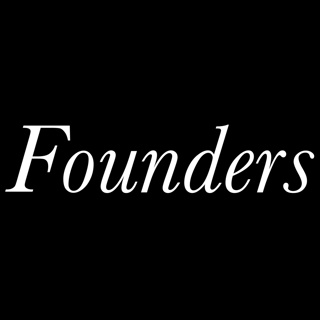
#36 Finding The Next Steve Jobs: How to Find, Keep, and Nurture Talent
What I learned from reading Finding The Next Steve Jobs: How to Find, Keep, and Nurture Talent by Nolan Bushnell. --- A pong is a piece of advice designed to help enhance creativity. It applies to on...
3 Sep 201844min

#35 George Lucas: A Life
What I learned from reading George Lucas: A Life by Brian Jay Jones. --- Lucas unapologetically invested in what he believed in the most: himself.“What we’re striving for is total freedom, where we c...
26 Aug 20181h 21min

#34 Creativity Inc: The Autobiography of the founder of Pixar
What I learned from reading Creativity Inc: Overcoming The Unseen Forces That Stand In The Way of True Inspiration by Ed Catmull. --- Lead with a light touch (18:59) Anchor yourself with your why (23...
20 Aug 20181h 27min

#33 Levi Strauss: The Man Who Gave Blue Jeans to the World
What I learned from reading Levi Strauss: The Man Who Gave Blue Jeans to the World by Lynn Downey --- [0:01] Levi was one of the men who set that firm foundation [17:35] I do not have at this time a s...
12 Aug 20181h 19min

#32 Alibaba: The House That Jack Ma Built
What I learned from reading Alibaba: The House That Jack Ma Built by Duncan Clark. --- Crazy Jack (0:01) The internet is filling the void created by state planning (6:59) Jack has made a career out o...
9 Aug 20181h 48min

#31 Conspiracy: Peter Thiel, Hulk Hogan, Gawker, and the Anatomy of Intrigue and Zero to One: Notes on Startups, or How to Build the Future
What I learned from reading Conspiracy: Peter Thiel, Hulk Hogan, Gawker, and the Anatomy of Intrigue and Zero to One: Notes on Startups, or How to Build the Future --- Culture Eats Strategy [1:45] Con...
2 Aug 20182h 38min

#30 Elon Musk: Tesla, SpaceX, and the Quest for a Fantastic Future
What I learned from reading Elon Musk: Tesla, SpaceX, and the Quest for a Fantastic Future by Ashlee Vance. --- I don't want to be the person who ever has to compete with Elon (0:47) Musk expects you...
9 Jul 201838min

#29 The HP Way: How Bill Hewlett and I Built Our Company
What I learned from reading The HP Way: How Bill Hewlett and I Built Our Company by David Packard. --- [0:01] How Steve Jobs was inspired by David Packard [1:00] Books are the original hyperlinks [4:3...
2 Jul 201839min






















